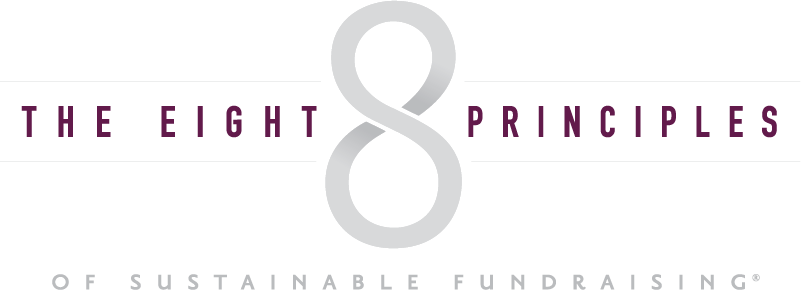![]() Being nice isn’t nice. That is to say that “nice” implies a non-confrontational, go-along-to-get-along stance. Don’t bring up the uncomfortable subject—it might not be nice. Don’t point out the glaring failures of a nonprofit’s well-intentioned program, it wouldn’t be nice. And yet—that’s exactly what more and more donors are demanding. Total, brutal honesty before they invest their philanthropic dollars.
Being nice isn’t nice. That is to say that “nice” implies a non-confrontational, go-along-to-get-along stance. Don’t bring up the uncomfortable subject—it might not be nice. Don’t point out the glaring failures of a nonprofit’s well-intentioned program, it wouldn’t be nice. And yet—that’s exactly what more and more donors are demanding. Total, brutal honesty before they invest their philanthropic dollars.
Donors give to see lives changed; to witness the transformation of communities. They do not give to programs or someone else’s idea of the latest grand scheme or silver bullet to cure what ails us. One has to look no farther than the oversold solution of microfinance as the rescue from poverty that was once touted as the glowing, “nice” success story. In the words of Holden Karnofsky of GiveWell, there was entirely “too much fawning and not enough hard questioning.”
When donors do question programs and outcomes they can be met with a mixture of confusion and offense from the leadership of the organizations they are supporting to achieve outcomes. Donors are not in the business of merely funding someone else’s good intentions, however.
The era of nice is over. In the younger generation of philanthropists, especially those under forty, demands of accountability and results go hand-in-hand with gifts. The feel-good response, the “nice” response, is no more. And that’s as it should be.
Philanthropy is about changing lives, lifting spirits, offering compassion, and creating beauty where none exists. It’s not about funding another’s ideas of what might be a “nice” thing to do.


